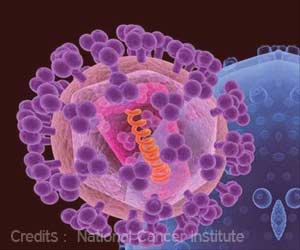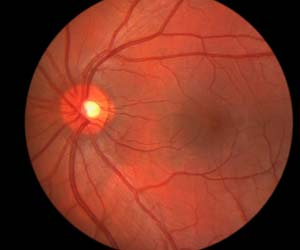A team at University of Southern California (USC) found not only how sex hormones drive differences in male and female mouse kidneys, but also how lowering testosterone can “feminise” this organ and improve its resilience.”By exploring how differences emerge in male and female
during development, we can better understand how to address sex-related health disparities for patients with kidney diseases,” said Professor Andy McMahon, USC’s Keck School of Medicine.
with different levels of activity in male and female mouse kidneys.The differences were most evident in the section of the kidney’s filtering unit known as the proximal tubule, responsible for reabsorbing most of the nutrients such as glucose and amino acids back into the bloodstream. Most of these sex differences in gene activity emerged as the mice entered puberty and became even more pronounced as they reached sexual maturity.
To feminise the kidneys of male mice, two strategies worked equally well: castrating males before puberty and thus lowering their natural testosterone levels, or removing the cellular sensors known as androgen receptors that respond to male sex hormones. Intriguingly, three months of calorie restriction — which is an indirect way to lower testosterone — produced a similar effect. Accordingly, calorie restriction has already been shown to mitigate certain types of kidney injuries in mice.To re-masculinise the kidneys of the castrated males, the researchers only needed to inject testosterone. Similarly, testosterone injection masculinised the kidneys of females who had their ovaries removed before puberty. The scientists performed some similar experiments with mouse livers.
Advertisement
This suggests that these sex-related organ differences emerged independently during evolution. To test whether the same genes are involved in sex-related kidney differences in humans, the scientists analysed a limited number of male and female donor kidneys and biopsies. When it came to genes that differed in their activity between the sexes, there was a modest overlap of the human genes with the mouse genes.
Reference :
- Direct androgen receptor control of sexually dimorphic gene expression in the mammalian kidney – (https://www.sciencedirect.com/science/article/abs/pii/S1534580723004069?via%3Dihub)
Source: IANS



